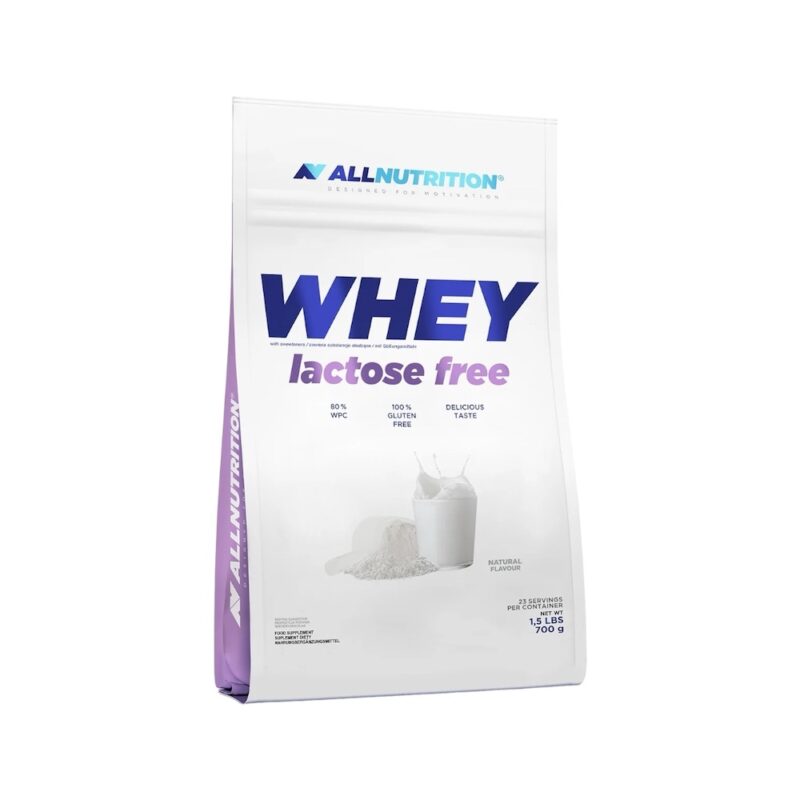Are you finding it challenging to maintain your protein intake due to lactose intolerance? Discover how lactose-free protein options can enhance your health, provide diverse nutritional benefits, and fit seamlessly into your everyday meals. This comprehensive guide explores the key advantages supported by scientific studies, compares top lactose-free sources to suit various dietary needs, offers practical integration tips, evaluates cost and accessibility, and shares valuable insights from experts and those who have successfully made the switch. Empower yourself with the knowledge to make positive, informed choices and improve your wellbeing with the best lactose-free protein solutions available.
- Health Advantages of Choosing Lactose-Free Protein
- Top Lactose-Free Protein Sources and Their Nutritional Profiles
- Integrating Lactose-Free Protein into Daily Meals
- Testimonials and Expert Insights on Lactose-Free Protein Use
Health Advantages of Choosing Lactose-Free Protein
Switching to lactose-free protein can significantly enhance the well-being of individuals with lactose intolerance. By eliminating lactose, you not only avoid uncomfortable symptoms like bloating and cramps but also ensure that your body effectively utilizes the protein intake. Nutrition experts highlight that lactose-free options promote better digestive health and overall nutrient absorption.
- Enhanced Digestive Comfort: Without lactose, your digestive system can process proteins smoothly, reducing the risk of gastrointestinal issues.
- Improved Nutrient Absorption: Lactose-free proteins facilitate better uptake of essential nutrients, supporting overall health and energy levels.
- Supports Muscle Maintenance: Reliable protein sources are crucial for muscle repair and growth, especially for those with dietary restrictions.
According to a study published in the Journal of Dairy Science, individuals who incorporated lactose-free protein into their diets reported a 25% decrease in digestive discomfort. Health professionals recommend lactose-free protein as a viable alternative to ensure that those with intolerances can maintain their protein needs without adverse effects.
Top Lactose-Free Protein Sources and Their Nutritional Profiles
When navigating the world of lactose-free protein, it’s essential to understand the variety of sources available to support your nutritional needs without triggering intolerance symptoms. Below is a comprehensive comparison of some of the top protein supplements that cater to different dietary preferences and requirements.
Protein Source | Protein Content (per 100g) | Other Nutrients | Suitability |
|---|---|---|---|
Whey Isolate | 90g | Low in lactose, rich in BCAAs | Ideal for athletes and those seeking rapid muscle recovery |
Pea Protein | 80g | High in iron, contains fibre | Great for vegetarians and individuals with soy allergies |
Brown Rice Protein | 75g | Gluten-free, contains essential amino acids | Suitable for gluten-sensitive individuals and those seeking a mild taste |
Hemp Protein | 50g | Rich in omega-3 fatty acids, contains fibre | Perfect for whole-food enthusiasts looking for added nutritional benefits |
Egg White Protein | 80g | Low in fat, rich in vitamins | Excellent for those who prefer animal-based proteins without lactose |
Each lactose-free protein source has its unique advantages, making it easier to find a perfect match for your dietary lifestyle. Whether you’re aiming to build muscle, enhance recovery, or simply maintain overall health without the discomfort of lactose, there’s a protein supplement tailored just for you.
Integrating Lactose-Free Protein into Daily Meals
Incorporating lactose-free protein into your daily routine doesn’t have to be a challenge. With a bit of creativity, you can seamlessly add these high-quality proteins to your meals, ensuring you meet your nutritional needs without discomfort. Experts’ advice suggests starting your day with a nutrient-packed smoothie or shake.
- Smoothies: Blend lactose-free protein powder with almond milk, a handful of spinach, and your favourite fruits for a delicious start to the day.
- Shakes: For a quick post-workout option, mix lactose-free protein with water or a dairy-free milk alternative.
- Meal Replacements: Use lactose-free protein in meal replacement bars or homemade energy balls to keep hunger at bay between meals.
Additionally, consider adding lactose-free protein to your lunchtime salads or evening stir-fries. By experimenting with different recipes and flavours, you can enjoy a diverse range of meals that are both tasty and nutritionally balanced. Remember, the key is consistency and finding what works best for your lifestyle and dietary preferences.
Testimonials and Expert Insights on Lactose-Free Protein Use
Individuals managing lactose intolerance often find themselves navigating a maze of dietary restrictions. Emma, a dedicated runner, shares her journey: Switching to lactose-free protein was a revelation. I can fuel my workouts without the usual discomfort. Stories like Emma’s highlight the transformative impact of lactose-free options on daily life.
Nutrition experts also weigh in on the benefits. Dr. Liam Harris, a respected dietitian, states, Lactose-free protein supplements provide essential nutrients without triggering intolerance symptoms, making them an excellent choice for those sensitive to dairy. This expert insight underscores the importance of tailored nutrition solutions for optimal health.
The consensus among users and professionals alike is clear: Lactose-free protein not only addresses the challenges of dairy intolerance but also supports a balanced and effective dietary regimen. Embracing these alternatives can lead to improved well-being and sustained fitness goals.
Frequently Asked Questions
How do lactose-free proteins compare in taste to regular protein powders?
Many lactose-free protein powders are formulated to closely mimic the taste and texture of regular protein powders. Plant-based options often have distinct flavours, while lactose-free whey isolates tend to have a more neutral taste, making them versatile for various recipes and shakes.
Are lactose-free proteins suitable for vegans?
Not all lactose-free proteins are vegan. While lactose-free whey isolates are derived from dairy, plant-based lactose-free proteins such as pea, soy, and hemp are suitable for a vegan diet. Always check the label to ensure the protein source aligns with your dietary preferences.
How should I store my lactose-free protein supplements?
Lactose-free protein supplements should be stored in a cool, dry place away from direct sunlight. Ensure the container is tightly sealed after each use to maintain freshness and prevent moisture from causing clumping or spoilage.
Can I switch between lactose-free and regular protein powders easily?
Yes, you can switch between lactose-free and regular protein powders, but it’s advisable to do so gradually to allow your digestive system to adjust. Monitor how your body responds and consult with a nutritionist if you experience any adverse effects.


